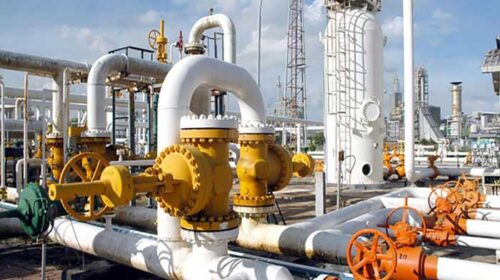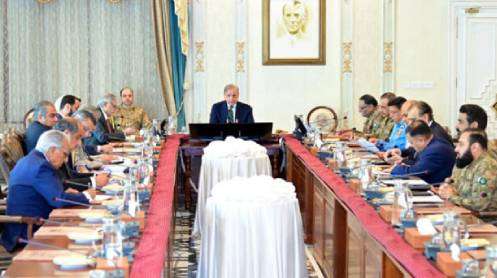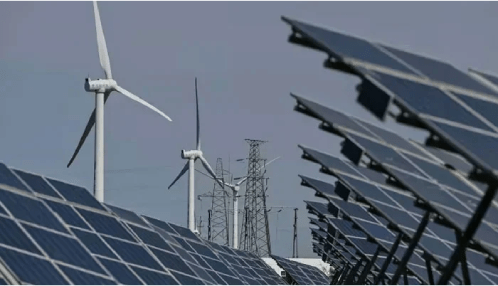The Ministry of Energy is seriously considering to amend Merit Order for gas allocation on ability to pay, while assigning priority on the basis of various variables like best tariff, best customer, best use of resource, and financial sustainability,” a senior official told The News.
“Such an arrangement will ensure smart use of natural gas, which is a scarce commodity,” he added.
The new gas allocation policy will also help in curtailing energy sector circular debt. One of the factors leading to snowballing of circular debt is said to be increasing share of imported costly liquefied natural gas (LNG) in the energy share.
To a question regarding potential sector(s) that could get benefit from merit order change for gas allocation on the basis of financial sustainability, the official said, all sectors of economy that operate without subsidy, especially power and industry would take benefit from proposed amendments.
In a similar development, federal government last month amended gas allocation order with a view to improve fertiliser production in Rabi season and increase power generation to meet demand as a result of a dip in hydropower.
The senior official recalled that the decision was partly taken because urea was very expensive to import as opposed to supplying the fertiliser plants gas here and producing more domestically.
According to a decision taken by Federal Cabinet about Gas Supply Priority Order, which was notified on December 16, 2021, fertiliser and power sectors have been given upward revision till March, 2022 to facilitate augmented production of urea and generation of electricity.
As per notification, the Economic Coordination Committee (ECC) of the Cabinet considered the summary dated December 10, 2021, submitted by the Ministry of Industries and Production regarding “Gas Supply Priority Order” and approved to place the sectors at par with the export sector. It was further decided that the Ministry of Industries and Production would, in consultation with the Petroleum Division, submit for the reconsideration of the ECC in March, 2022, a review.
With the revised Priority Order, after domestic sector/commercial sector, power plants and fertiliser plants given second most priority in gas allocation followed by industrial units, captive power plants and CNG sector.
In light of the changes made in the merit order last month, Ministry of Energy is carrying out a plan to rationalise energy supplies to industry for captive power to reduce burden of subsidies.
As per assessment of the incumbent government, gas and power are being supplied on subsidised rates to five export-oriented sectors for three years; 9 cents/unit for power and $6.5/mmBtu for gas. The subsidies, in their current form, have led to rent-seeking and misuse of energy in the textile sector.
The subsidy in gas costs the government Rs62 billion/annum. Power subsidy costs another Rs20 billion/annum. It is also unfunded and in simple words adds to circular debt.
Moreover, it is a blanket subsidy, which means there is no distinction between exporter and non-exporter of textile products. Therefore, the government asked the industry to shift load to respective power distribution company instead of generating electricity through captive power. The plan is being executed successfully as most of industry has been switched to national grid.







